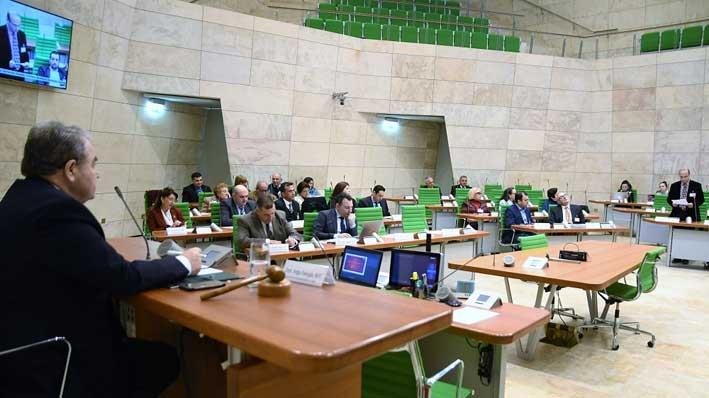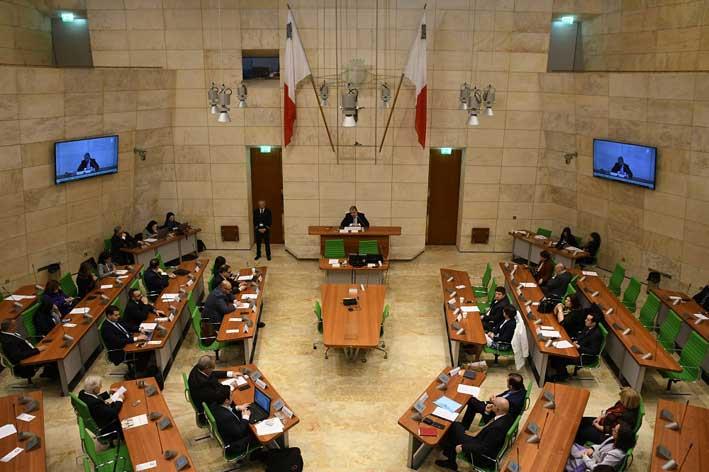In 2018 there were 7,000 people suffering from dementia in Malta, research shows.
Speaking at a national conference on dementia, George Vella, partners at advisory services firm Grant Thornton said the number comes from research from medical records.
The conference, the first of its kind, was held in Parliament.
Numerous specialists, professors and individuals explained how dementia has made an impact on the Maltese Islands and spoke on the numerous initiatives and policies which are improving the lives of those elderly people who are in different stages of dementia.
As life expectancy increases so does the risk of particular diseases which come with age, including dementia. Scientifically, dementia is not a natural part of ageing, and so far there is no cure for it, but there are means to slow down the process of severe dementia.
Although Malta has limited resources, the country is pushing towards different means and initiatives to improve the quality of life of those individuals suffering from dementia, along with their families and carers, said Anthony Agius Delicis, the Parliamentary Secretary for Persons with Disability and Active Ageing.

Social Solidarity Minister Michael Falzon said that dementia is a condition that kills thousands in Malta and is not given enough importance. He said that today there are many people who have a family member suffering from dementia, and that the condition does only affect sufferers but also those around them.
Alex Gobey, Dementia Care Coordinator and part of the Dementia Intervention Team (DIT), said that a lot can be done to prevent or slow the progression of dementia, such as eating a balanced diet and daily exercising.
He said that the environment also has an impact on the wellbeing of those suffering from dementia and explained that DIT works towards providing community-based services and tailor-made care plans for sufferers and caregivers.
The team works towards improving the relations of those carers and the people with dementia to continue actively ageing in the community. Gobey explained how the team set up the Memory Café for dementia sufferers and their carers to meet informally, to socialise and share experiences.

€2,000 in refurbishment of specialised dementia wards
Dr Josianne Cutajar, Head Executive of Saint Vincent De Paul, said that as part of the Active Ageing Strategy, the hospital has undergone a €2,000 refurbishment of the four closed dementia wards for those suffering from severe dementia.
She said that the hospital has taken a long-term care approach, improving services for those suffering from signs of dementia and also improving the quality of life for those residents and their families.
One-to-one care is also being specialized. Cutajar explained how SVPR has increased in outreach dementia services, which include a dementia day centre. The National Dementia helpline – 1771 - has already had over 2,000 interventions.